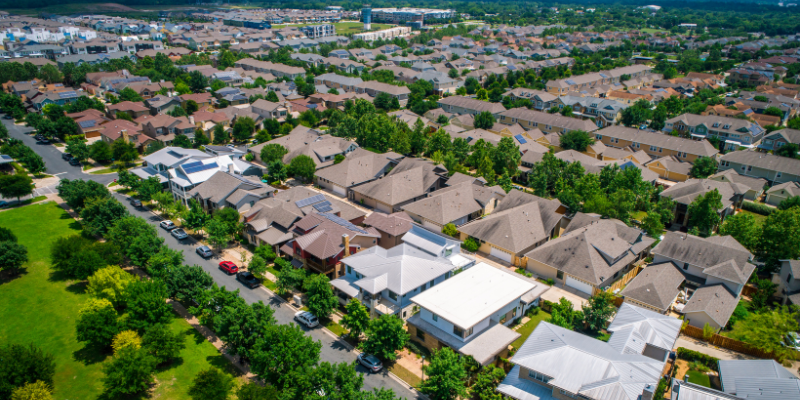IRS Proposes Changes to Interest Capitalization Rules for Property Improvements

The IRS has proposed new regulations that could significantly impact how interest capitalization is handled for property improvements. These changes are designed to simplify the existing rules and align them with recent court decisions. Here’s what you need to know:
Key Changes in the Proposed Regulations
- Removal of the Associated Property Rule: The proposed regulations aim to eliminate the associated property rule. This rule currently links the interest capitalized during property improvements to the adjusted basis of the property. The IRS’s decision comes after reviewing the US Court of Appeals for the Federal Circuit’s 2011 ruling in the Dominion Resources case, which found this rule unreasonable and contradictory to existing principles.
- New Definition of “Improvement”: The IRS is also proposing to modify the definition of “improvement” for the purposes of interest capitalization. This new definition would align with other sections of the tax code and clarify what constitutes an improvement, including exceptions, safe harbors, and elections. This change aims to make the rules more consistent and easier to apply.
- Impact on Designated Property: These changes will affect taxpayers making improvements to properties that qualify as designated property. Specifically, the modifications address properties temporarily withdrawn from service, ensuring that interest capitalization only applies to improvements made when the property is in service.
- Avoided Cost Principle: The proposed regulations also address the avoided cost principle. This principle states that taxpayers must capitalize interest that could have been avoided if the funds were not used for improvements. Under the new rules, if a property is temporarily out of service, its adjusted basis is not considered an avoidable cost.
- Clarifications for Unplaced Properties: The IRS is proposing to remove the associated property rule for properties not yet placed in service. This clarification ensures that the definition of improvement only applies to updates made after the property is in service.
Implications for Taxpayers
If these proposed regulations are adopted, they will streamline the process for interest capitalization on property improvements. Taxpayers will benefit from clearer guidelines and a more consistent application of the rules. However, it is essential for businesses and individuals involved in property improvements to stay informed about these changes and consult with their accounting professionals to ensure compliance.
The proposed regulations (REG-133850-13, RIN 1545-BN93) reflect the IRS’s ongoing efforts to modernize and simplify tax laws, making it easier for taxpayers to understand and apply them correctly.
For more detailed information or to discuss how these changes might affect your specific situation, feel free to contact Tonneson + Co. Our team of experts are here to help you navigate these new regulations and ensure your property improvements are managed efficiently and in compliance with the latest IRS guidelines.
Let's Talk
If you’re interested in working with Tonneson + Co, please reach out to us. We look forward to hearing from you!
"*" indicates required fields
